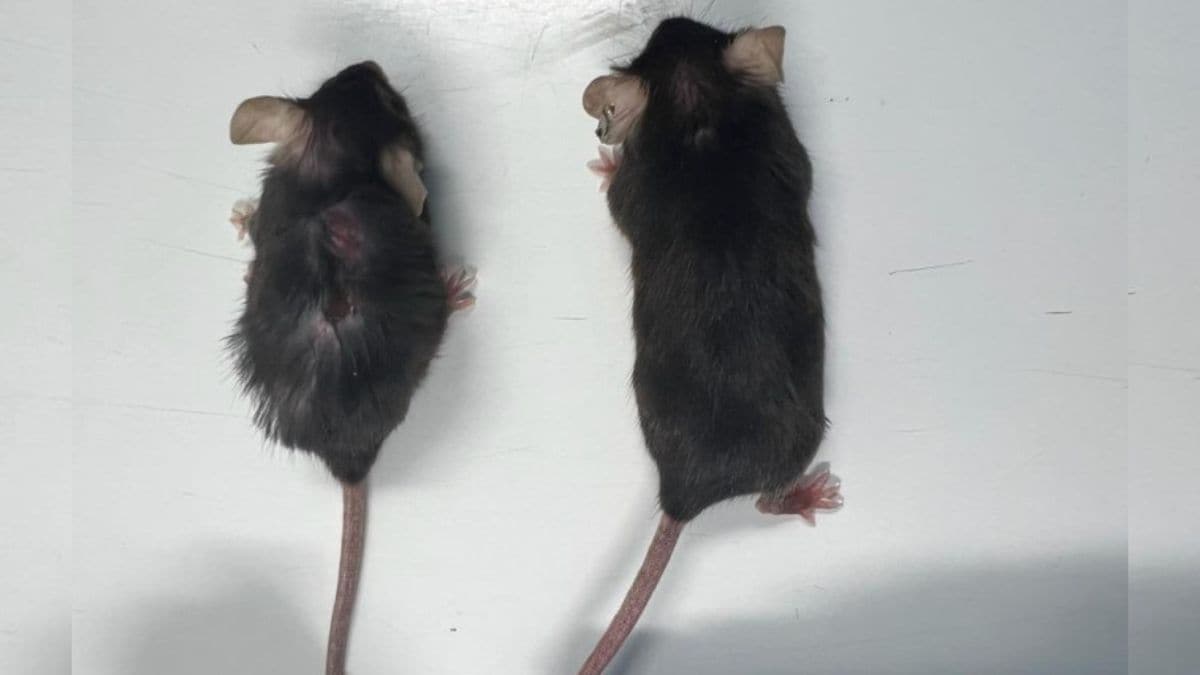Recent studies have revealed that blocking a specific protein in middle-aged mice can significantly extend their lifespan and improve overall health. The findings, published in Nature on July 17, have sparked discussions about the potential implications for human ageing. IL-11, a protein known for promoting inflammation, has been identified as a crucial factor in ageing.
Researchers discovered that blocking IL-11 in middle-aged mice not only boosted their metabolism but also reduced frailty and increased lifespan by about 25 per cent. This protein, along with other interleukins, plays a significant role in the immune system and exists in both mice and humans. Professor Stuart Cook, from the Medical Research Council Laboratory of Medical Science (MRC LMS), Imperial College London, and Duke-NUS Medical School in Singapore, explains, “The IL-11 gene activity increases in all tissues in the mouse with age.

When it gets turned on, it causes multimorbidity, which is diseases of ageing and loss of function across the whole body, ranging from eyesight to hearing, from muscle to hair, and from the pump function of the heart to the kidneys.” How was the study conducted? The link between IL-11 and ageing was discovered accidentally when molecular biologist Anissa Widjaja, also at Duke-NUS Medical School, detected higher levels of IL-11 in older rats compared to younger ones. This finding led the team to investigate further, revealing that IL-11 levels were consistently higher in old.























